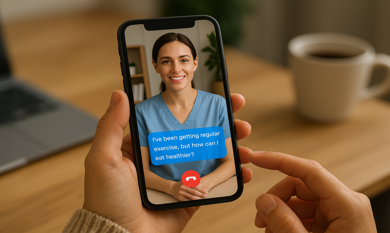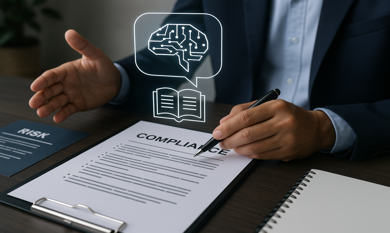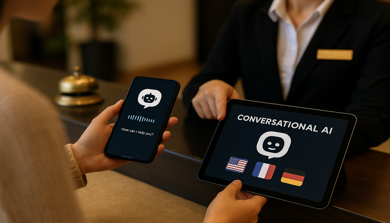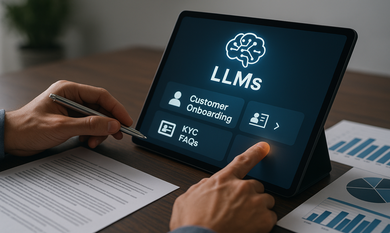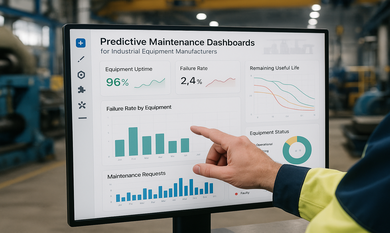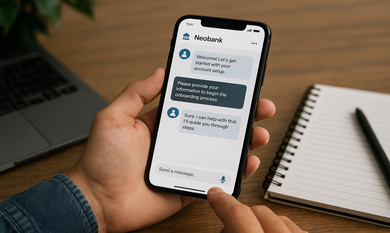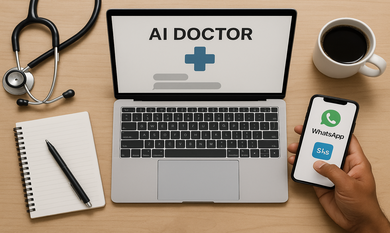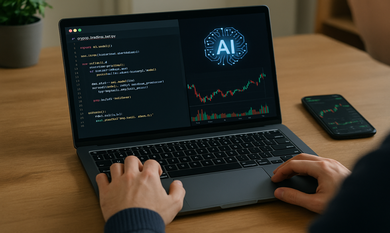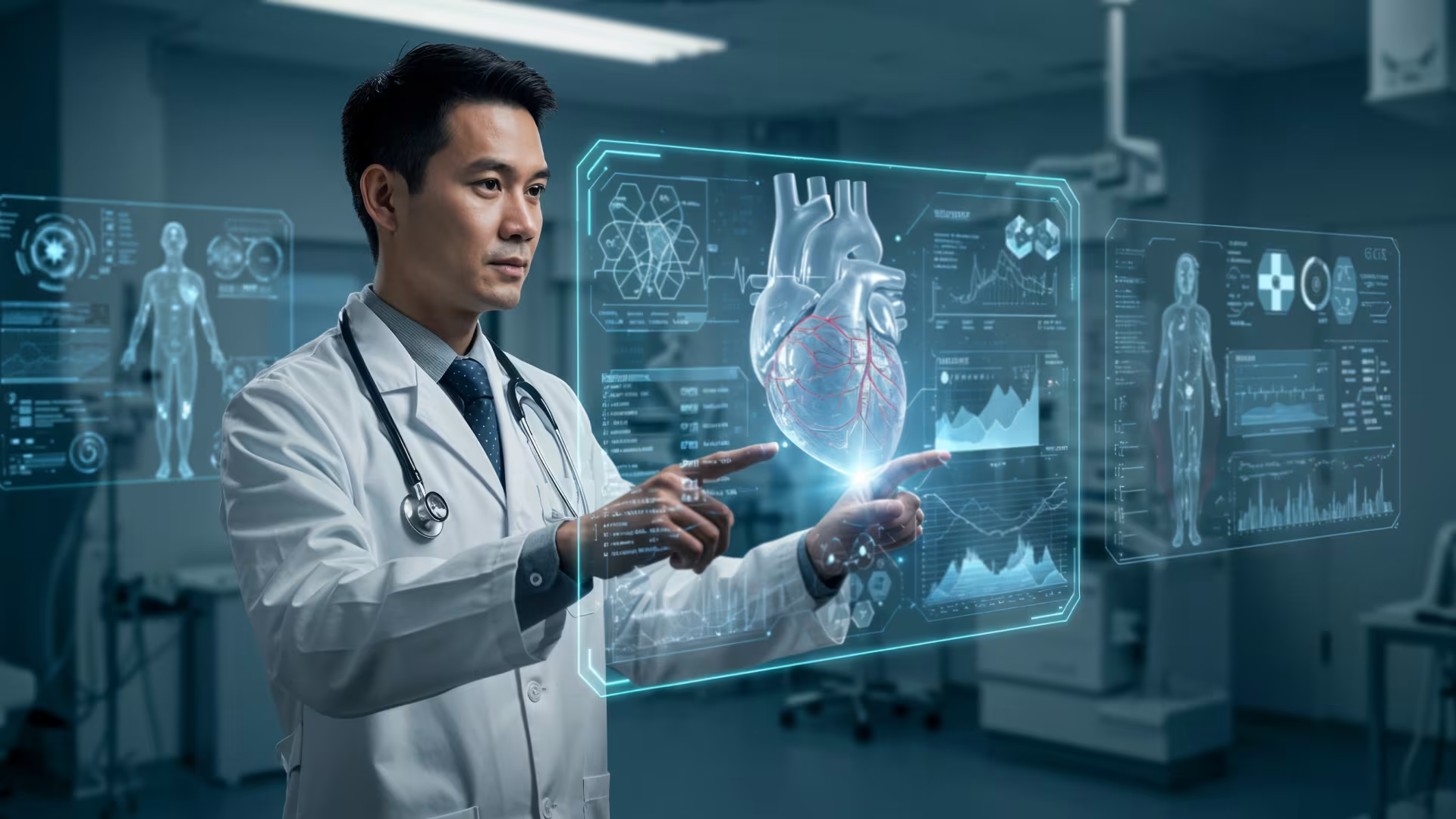Healthcare is becoming smarter and more patient-friendly thanks to Artificial Intelligence (AI). One of the most exciting ways AI is being used today is in remote health check systems. These solutions help doctors monitor patients’ health data from a distance, allowing early intervention and better care—without the patient having to leave their home.
From chronic illness tracking to post-surgery recovery, AI can collect and analyze real-time data using devices like smartwatches, glucose monitors, and digital blood pressure machines. What ties all this together is powerful, custom healthcare software solutions in Dallas and other global tech hubs, which turn data into insights.
Key Benefits of AI in Remote Health Monitoring
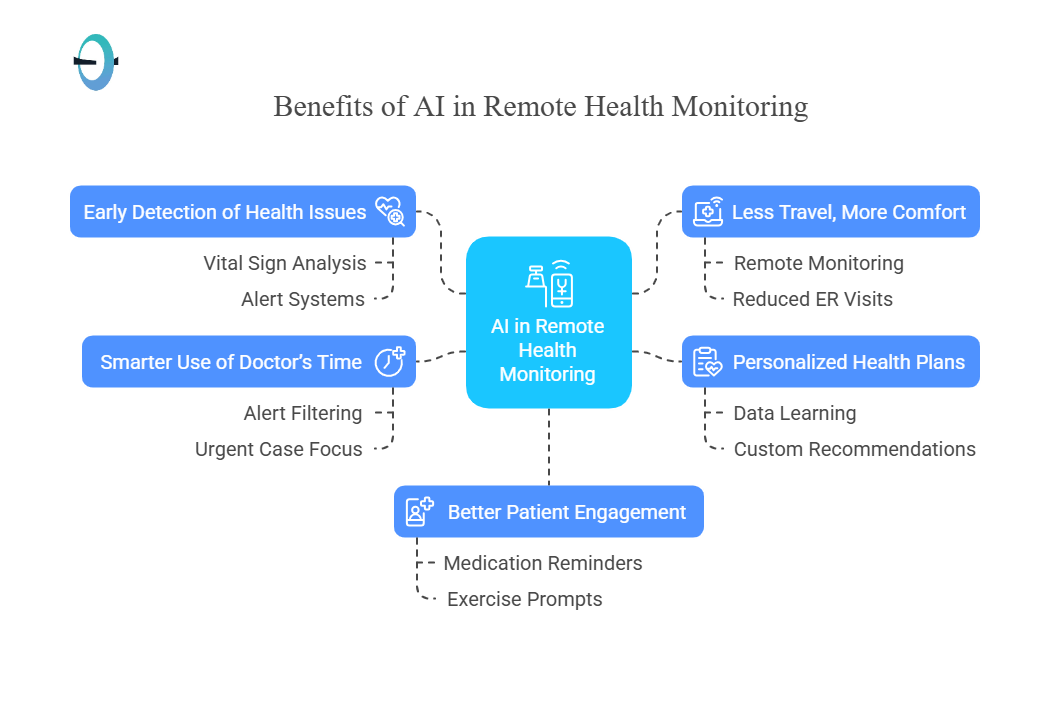
1. Early Detection of Health Issues
AI analyzes vital signs like heart rate, oxygen levels, and body temperature. If something seems off, the system sends an alert to healthcare teams. This early warning can prevent serious health issues.
Real-World Example (USA): Cleveland Clinic uses AI-powered ECGs to detect heart disease early—often before symptoms show up. (Source)
To deliver this, Dallas-based healthcare software providers build platforms that receive, analyze, and report health data in real-time, connecting devices to dashboards that clinicians can use.
2. Less Travel, More Comfort
Instead of making frequent trips to hospitals or clinics, patients can get their health monitored from home. AI tools provide live updates to doctors, saving time and effort for both parties.
Real-World Example (USA): Texas Oncology collaborated with Canopy to track cancer patients remotely. The result? A 22% drop in ER visits and more patients sticking to treatment. (Source)
This kind of success is powered by customized healthcare monitoring apps developed in Dallas, which allow seamless integration with medical devices and generate timely reports for doctors.
3. Personalized Health Plans
AI isn’t just about collecting data—it also learns from a patient's habits, lifestyle, and past health records to recommend personalized care strategies.
Real-World Example (Germany): The Daily Dose app, backed by AI, helps diabetes patients manage insulin and diet with daily updates. (Source)
Behind the scenes, custom healthcare software solutions in Dallas make this personalization possible. These systems securely store user profiles, adapt recommendations, and even sync with wearables and home devices.
4. Smarter Use of Doctor’s Time
AI can filter out non-critical alerts and highlight only the serious cases. This allows doctors to focus on patients who need immediate attention, boosting productivity in hospitals and clinics.
Real-World Example (India): In rural areas, remote sensors collect health data and send only the urgent updates to care teams.
Solutions like this rely on remote healthcare platforms that make it easier for medical staff to prioritize patient care, especially when dealing with hundreds of data points daily.
5. Better Patient Engagement
AI-powered apps remind patients to take medication, do exercises, or check their vitals. This keeps patients involved in their own health and improves outcomes.
Real-World Example (UK): The NHS uses AI to predict which patients might deteriorate soon, giving nurses time to respond early. (Source)
These tools are often built by teams offering custom healthcare software development in Dallas, ensuring apps are easy to use, secure, and personalized for long-term patient engagement.
Global Trends in AI Health Monitoring
AI in remote health isn't just limited to the U.S.—it’s a growing trend globally:
- France: Remote monitoring now reimbursed by public insurance.
🔗 connexionfrance.com
- Canada: Hospitals used remote oxygen and temperature monitoring during COVID-19.
🔗 masimo.ca
- South Korea: Hospitals have beds that automatically track vitals.
🔗 ncbi.nlm.nih.gov
- India: Government-backed AI health programs serve rural communities.
🔗 pharmabiz.com
These countries are seeing major improvements in chronic disease management, elderly care, and emergency response systems, powered by custom AI software.
Industry Stats Worth Knowing
- AI in healthcare is expected to reach $187.7 billion globally by 2030.
🔗 grandviewresearch.com
- Telehealth, including AI support, could move $250 billion of U.S. health spending to virtual care.
🔗 mckinsey.com
- Over 80% of Americans are open to remote patient monitoring.
🔗 mahalo.health
Conclusion
AI is not just a futuristic idea—it’s transforming healthcare today. From improving early diagnosis to helping patients stay on track with their treatments, remote health check systems powered by AI are becoming a standard in modern care.
For healthcare providers and startups, the need for advanced, integrated platforms is higher than ever. That’s why working with an experienced AI development company in Dallas can make all the difference—ensuring seamless integration, security, and performance tailored to your unique needs.
















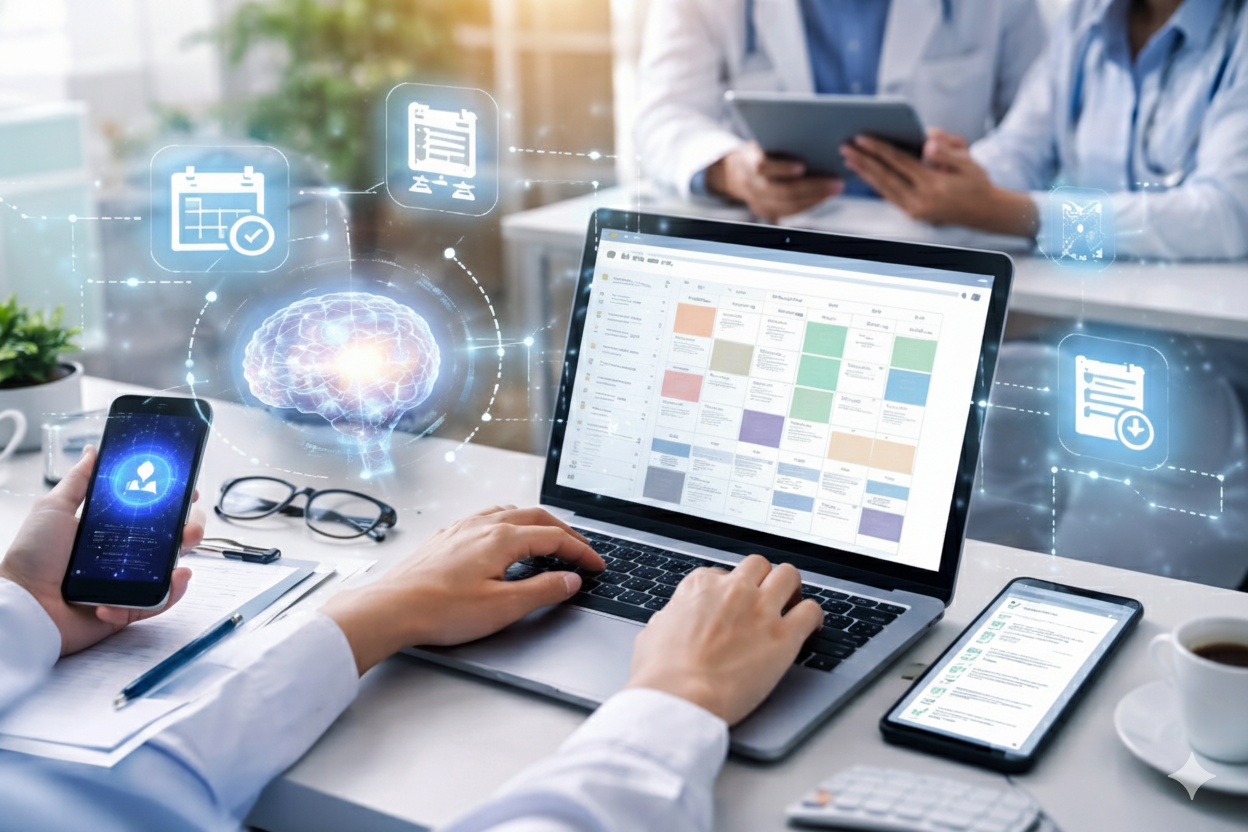
.png)
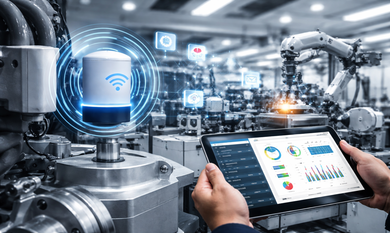



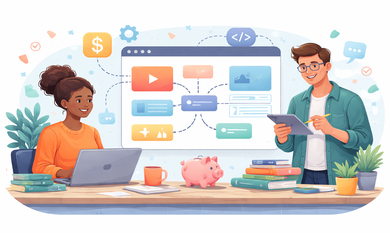




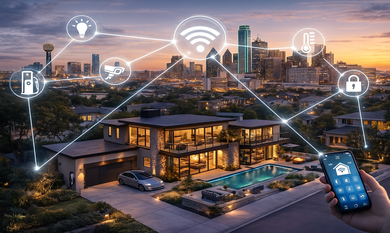
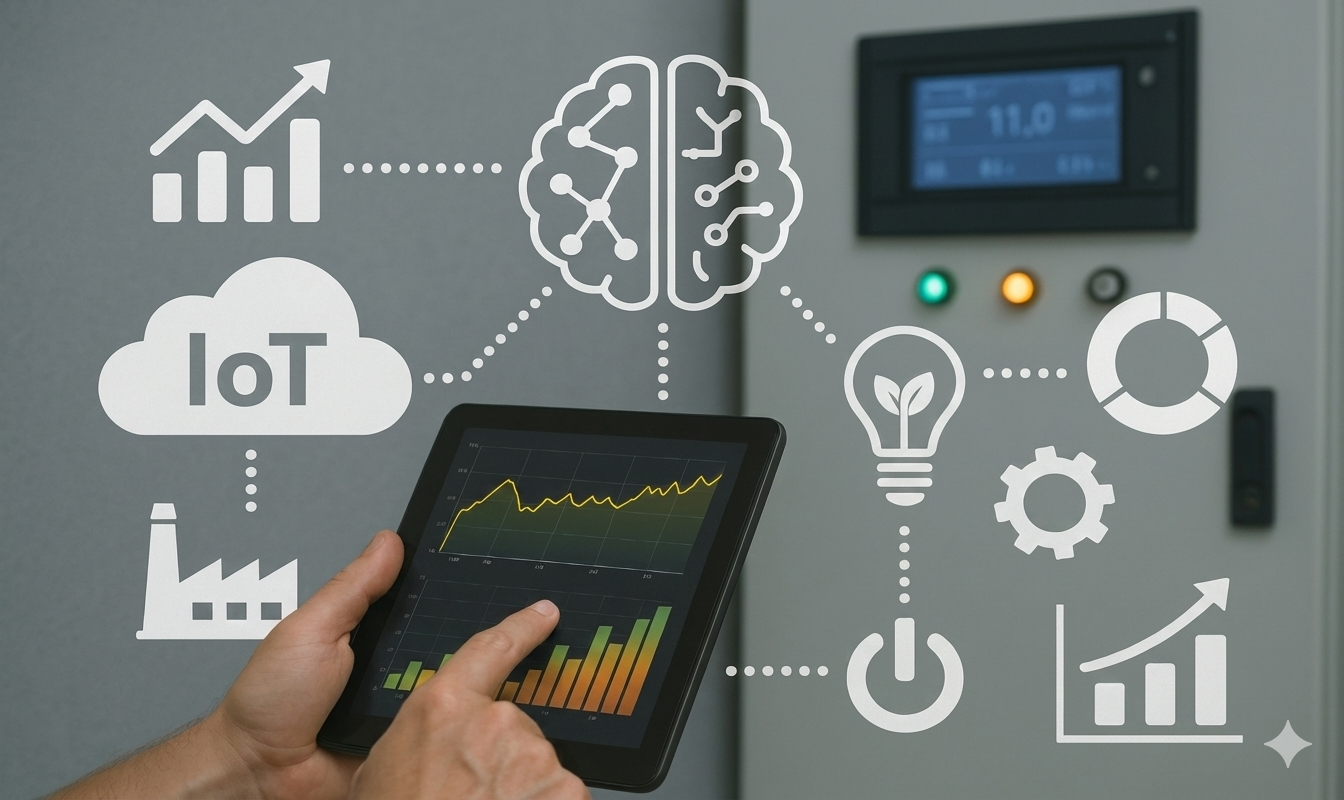
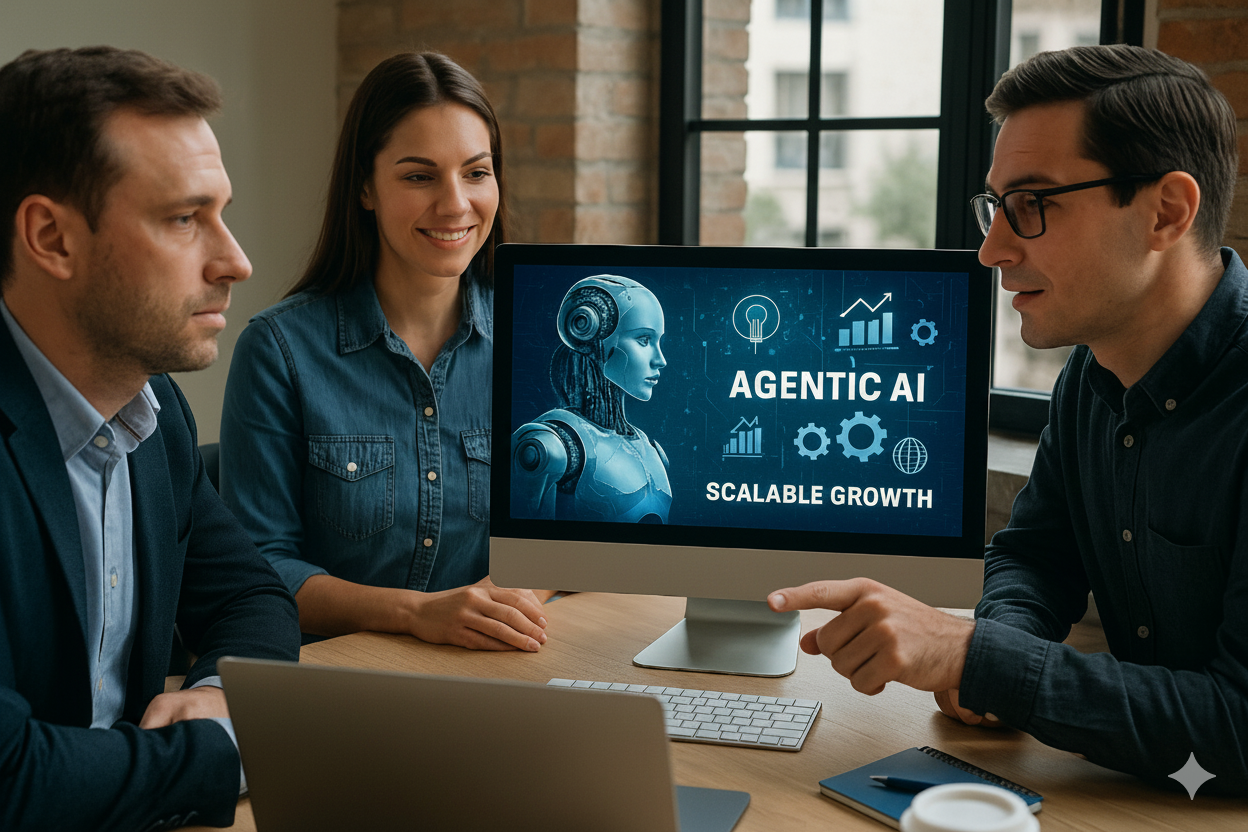
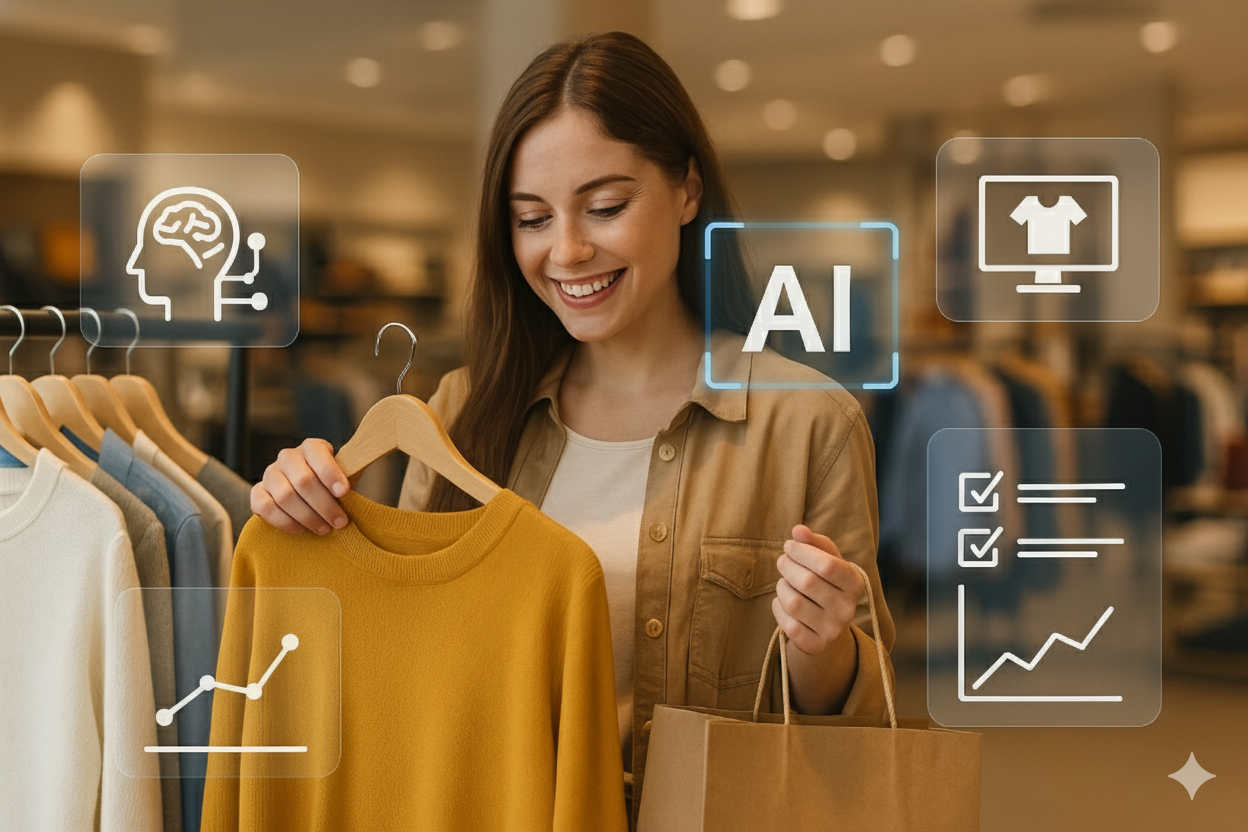
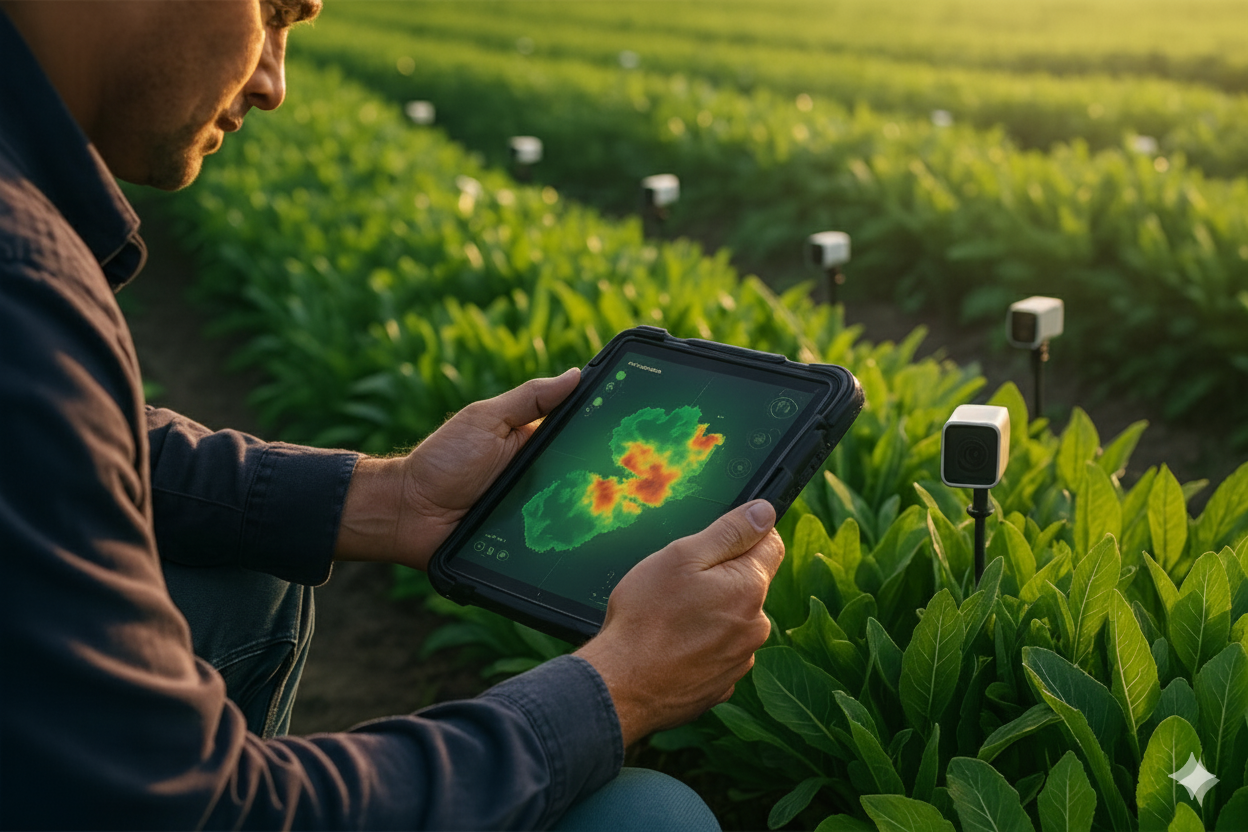
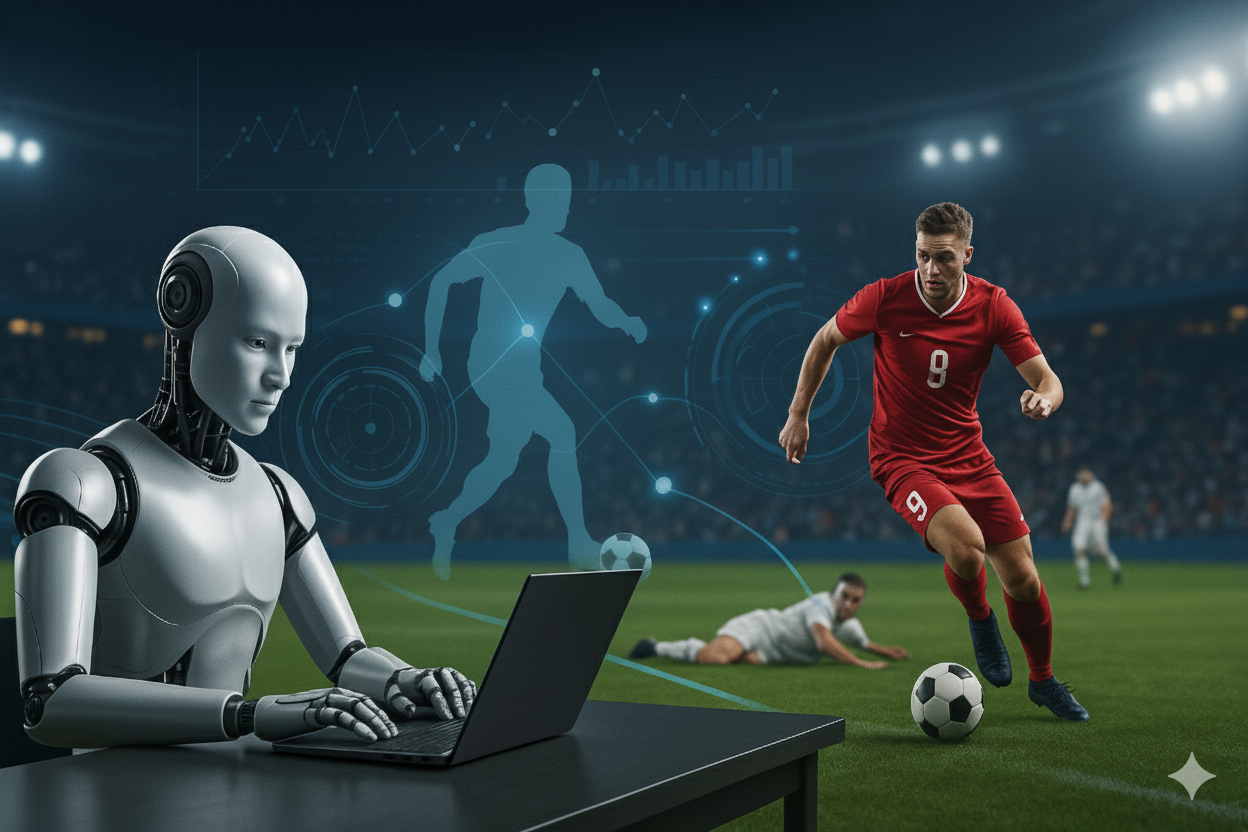

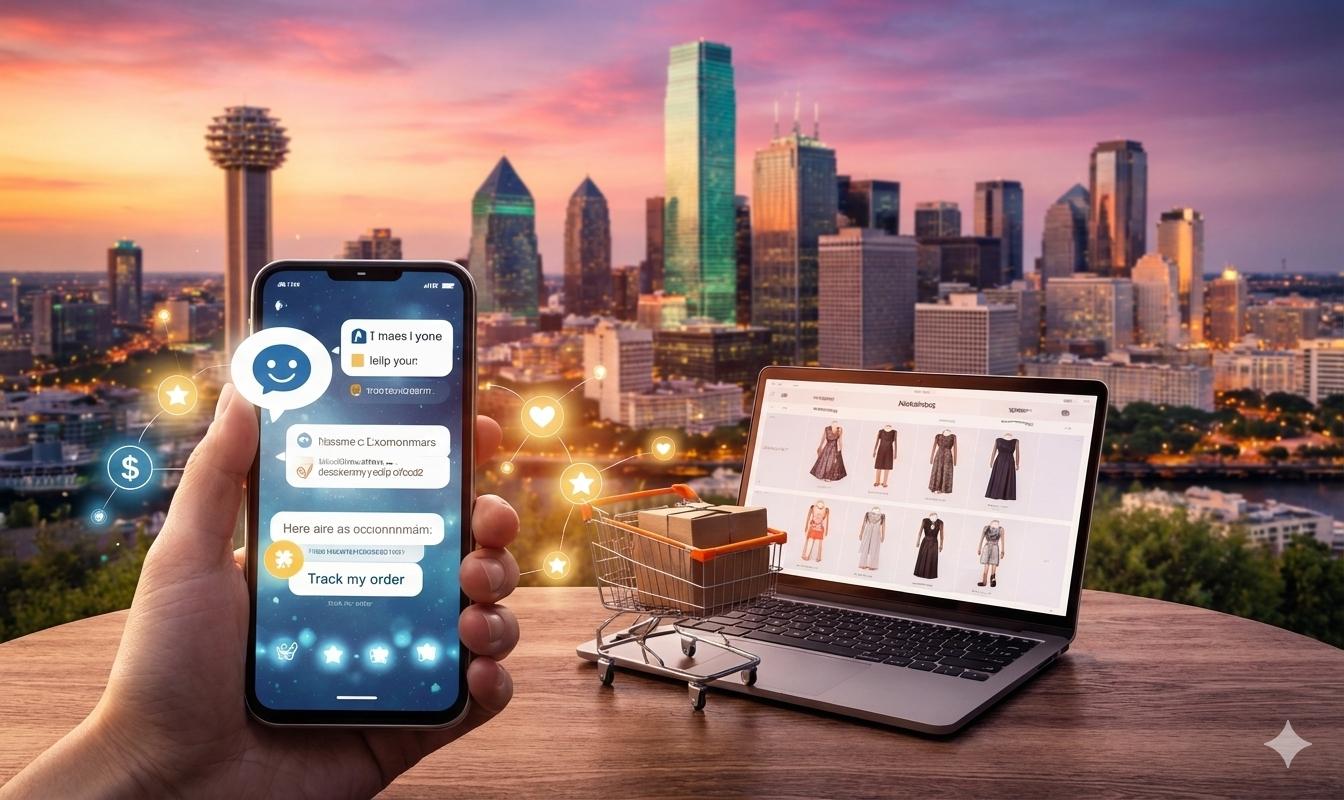
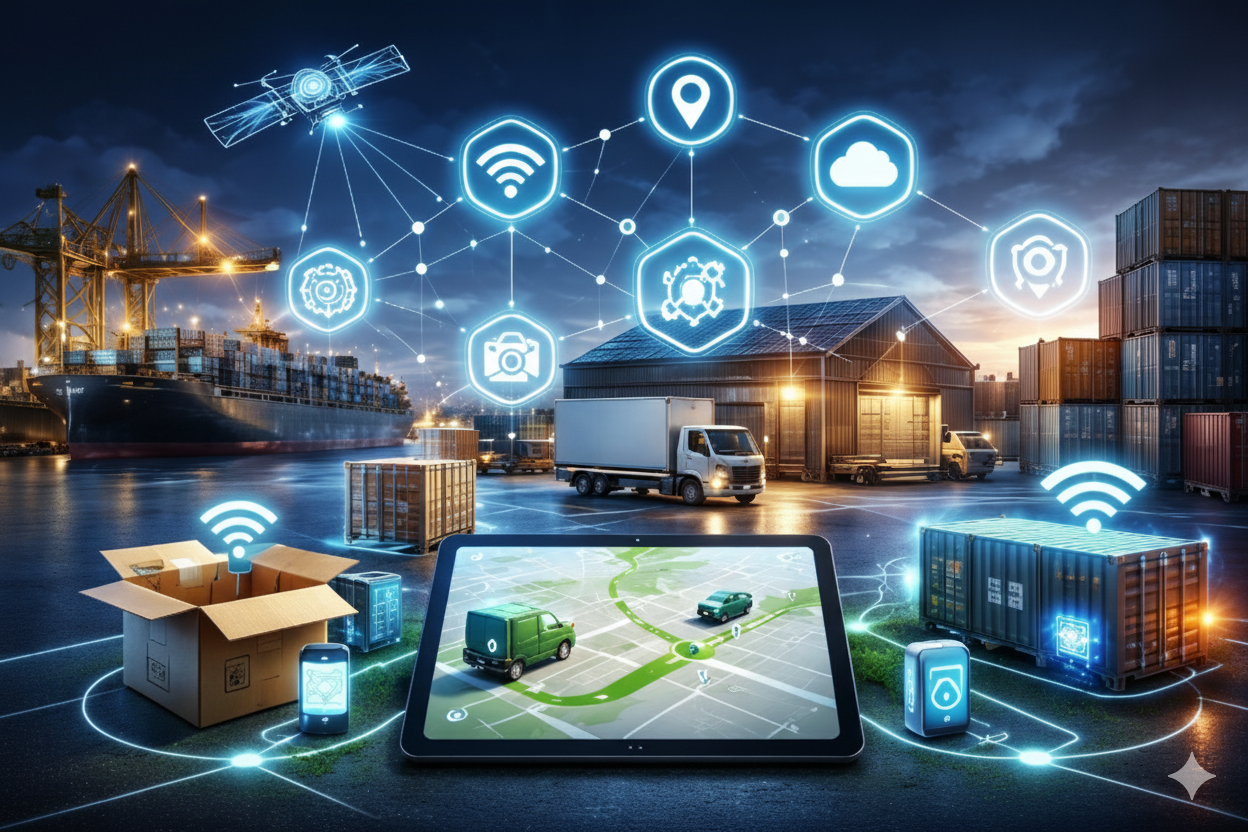


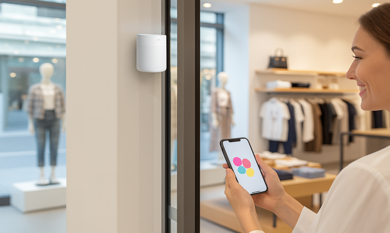
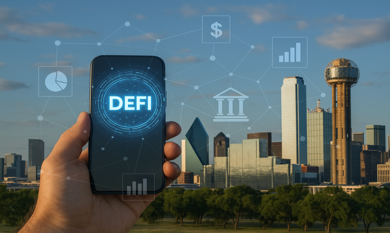

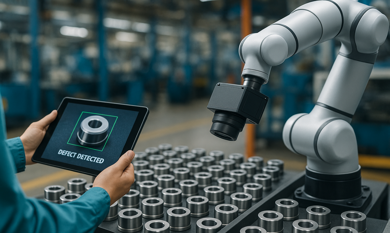
.png)

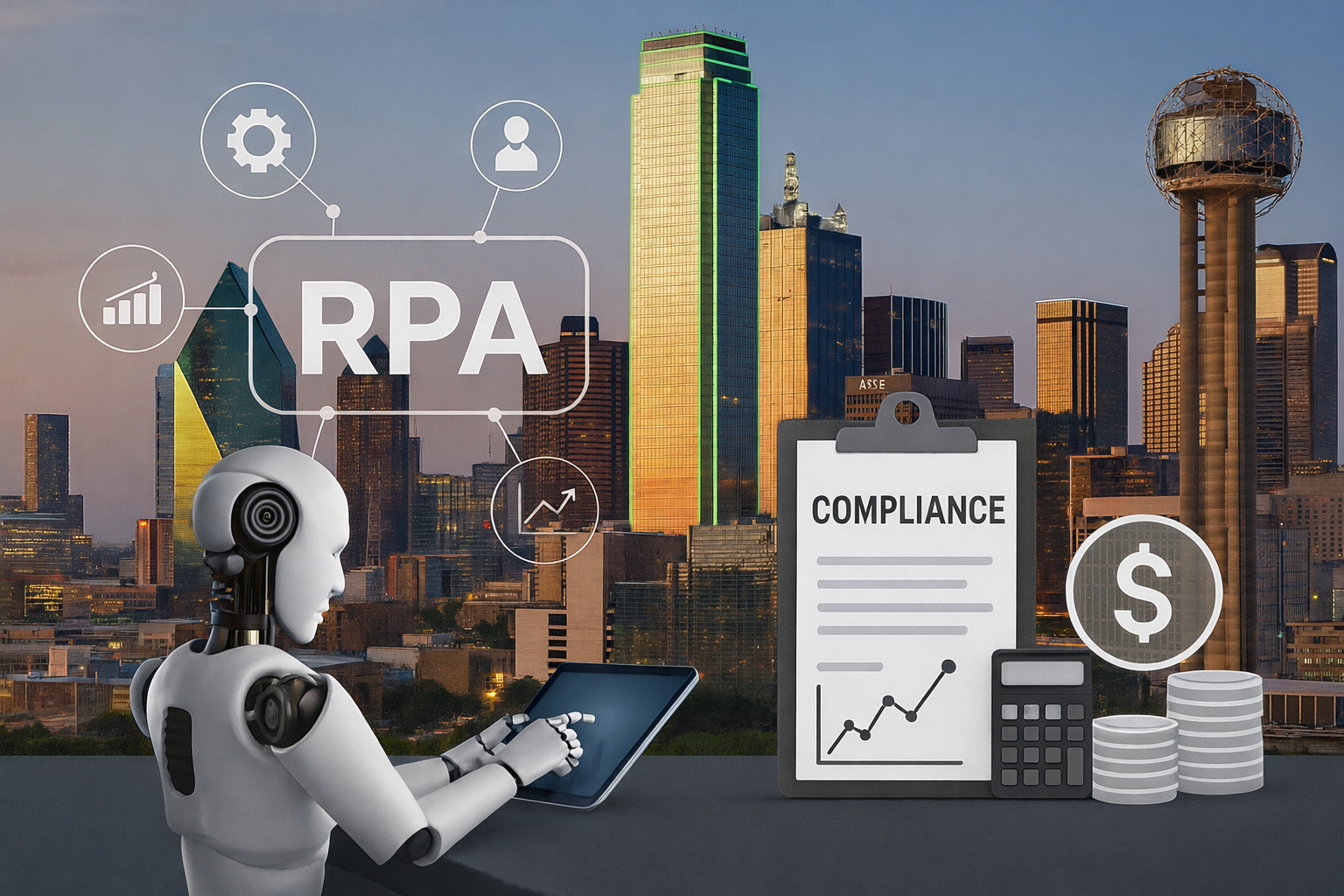

.png)


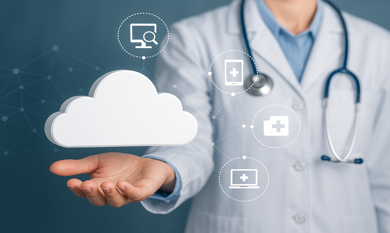
.png)
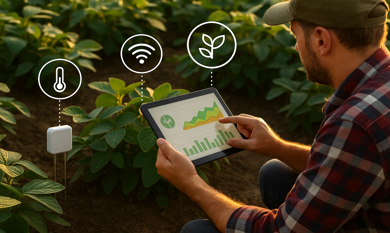







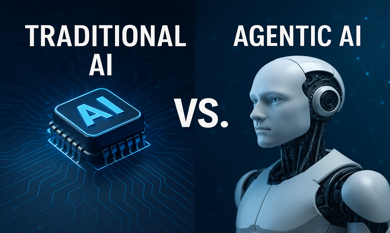
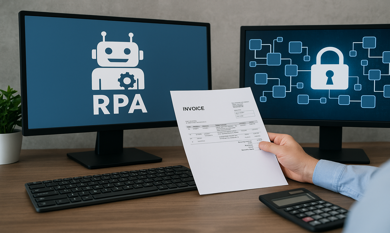

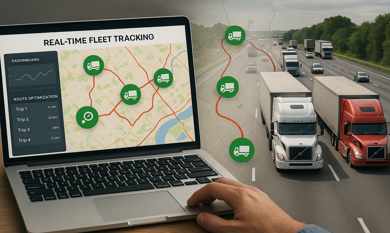

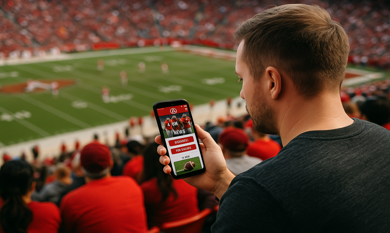

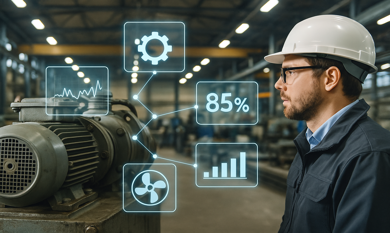
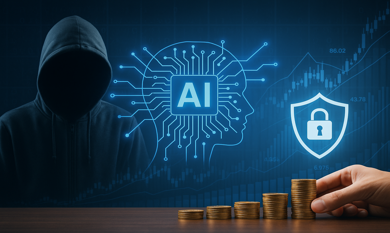
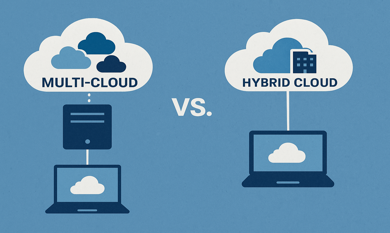
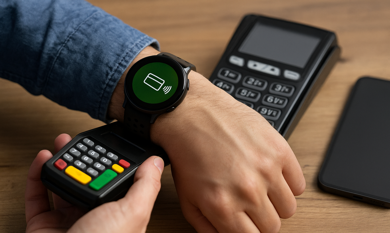
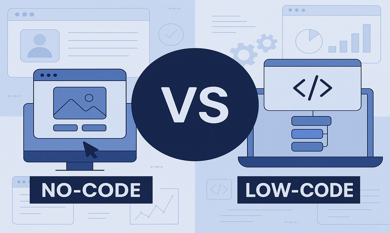

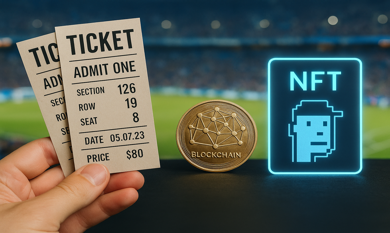
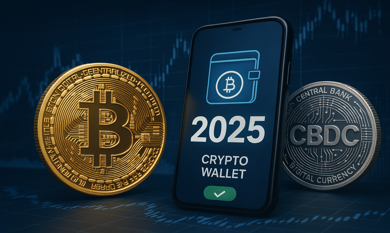
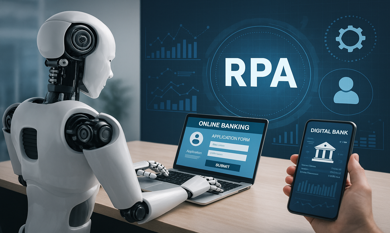

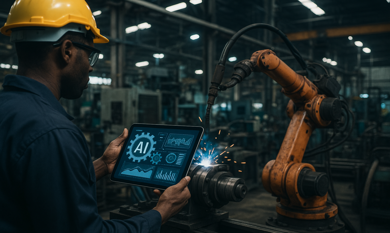
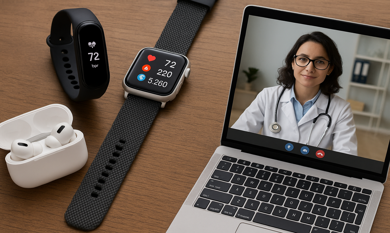

.png)
.png)


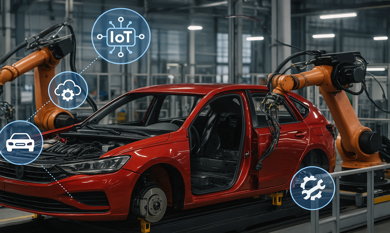



.png)
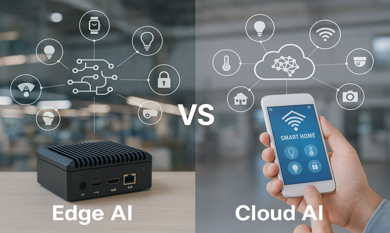
.png)
.png)
.png)


.png)
.png)
.png)
.png)
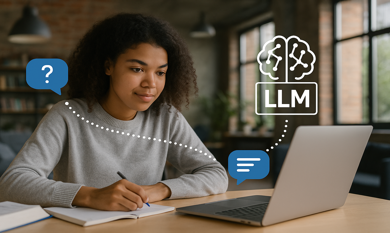
.png)
